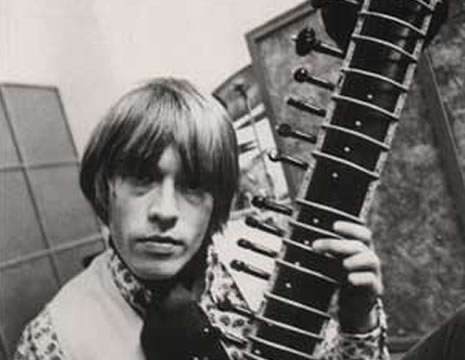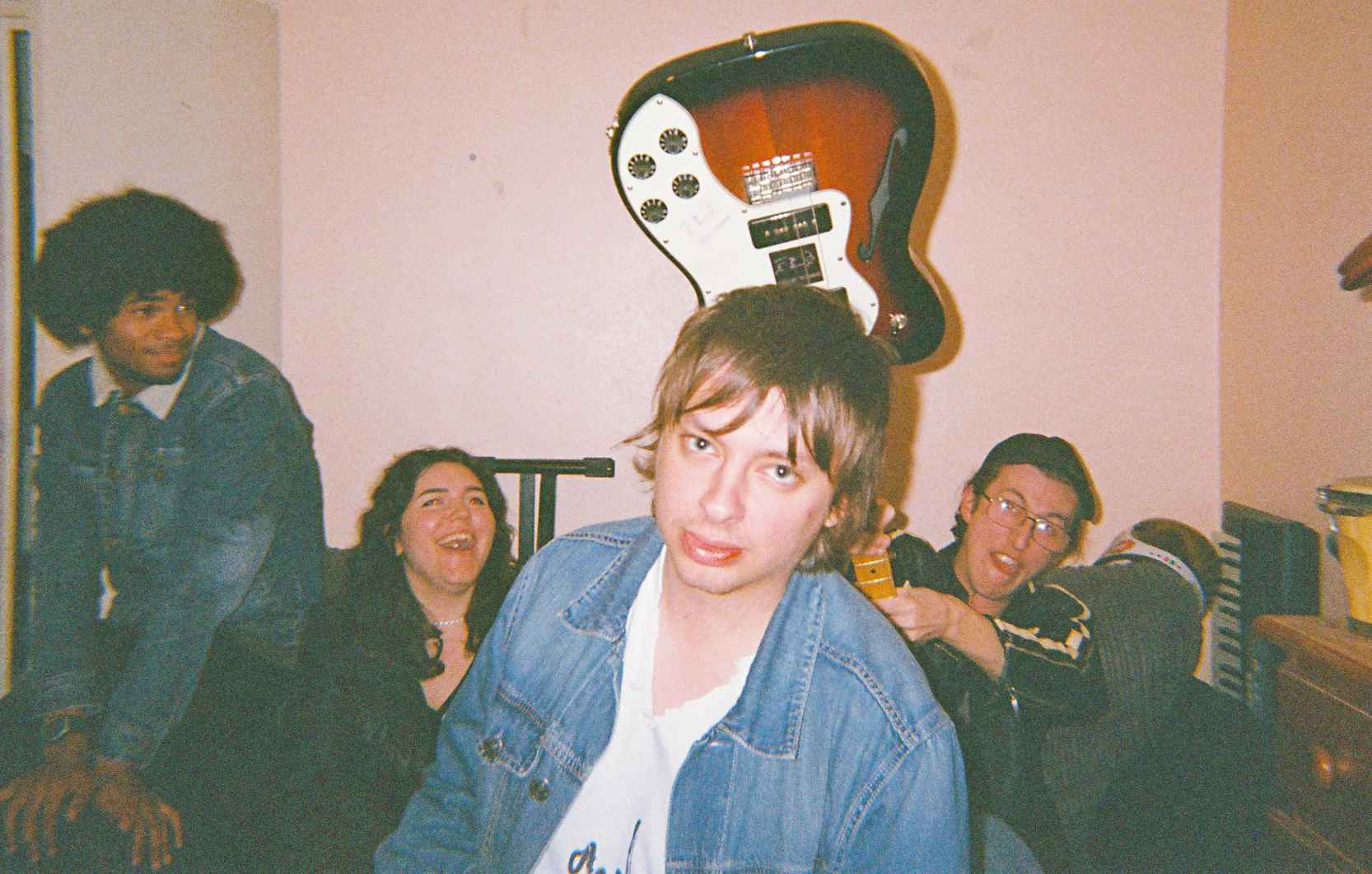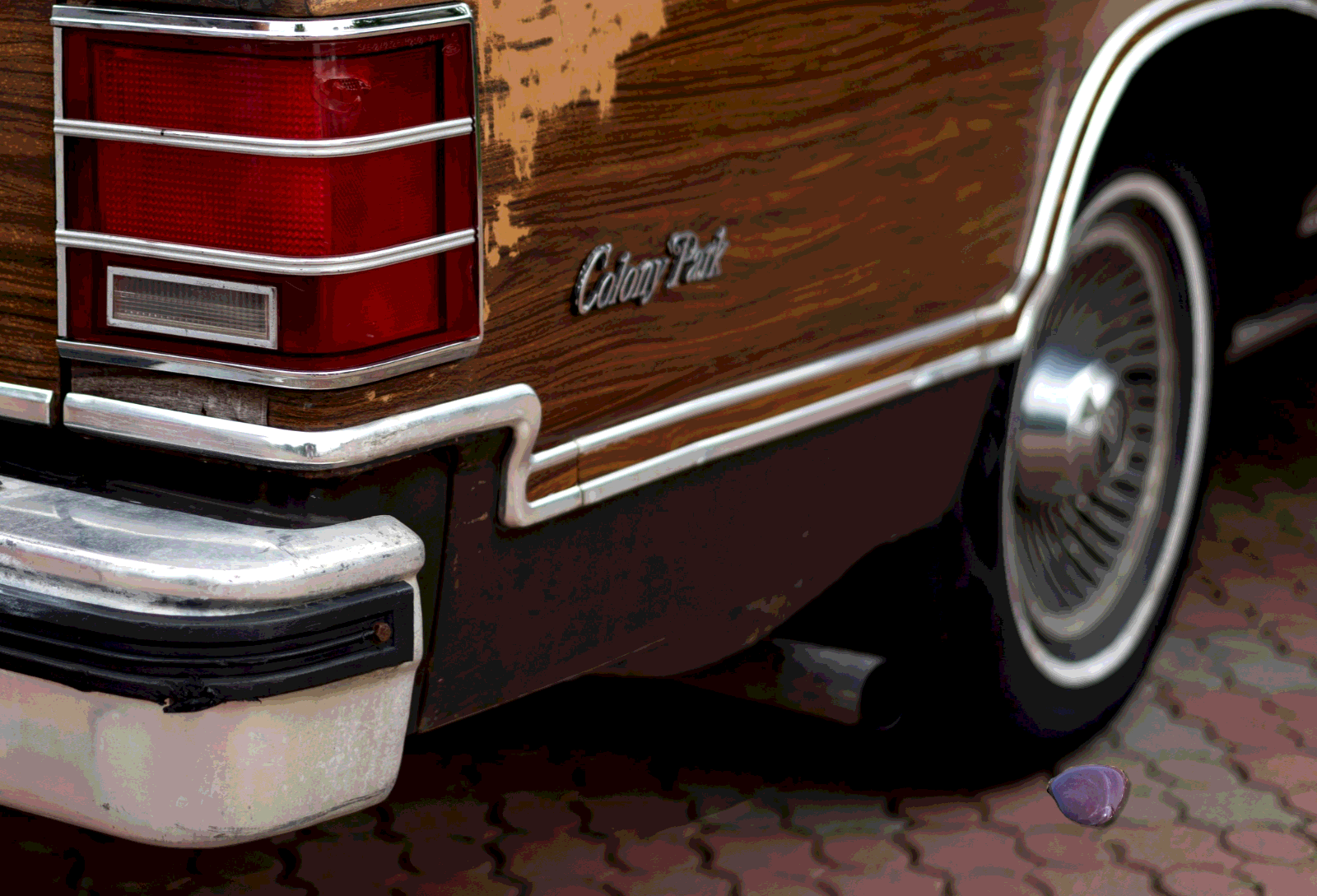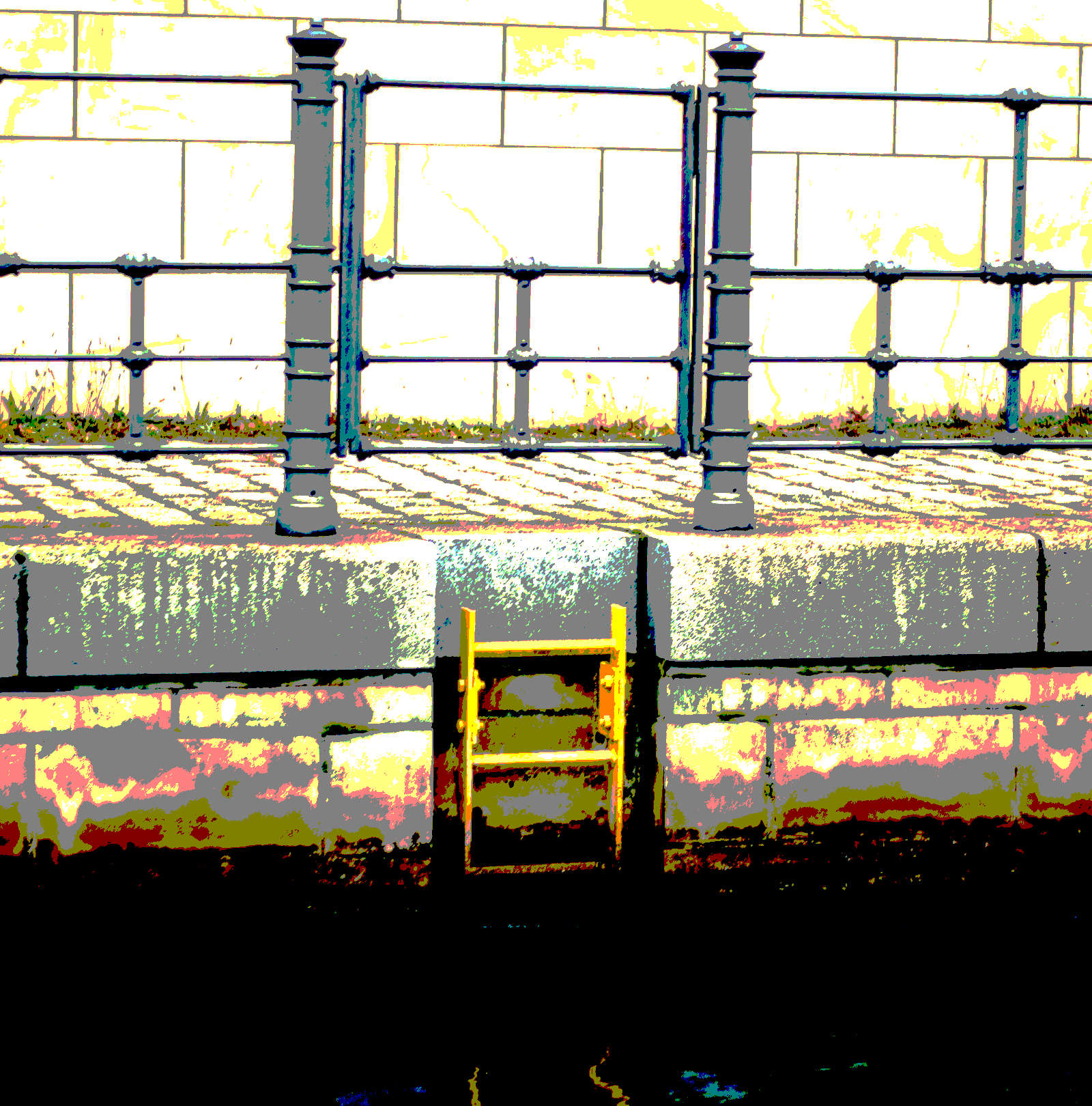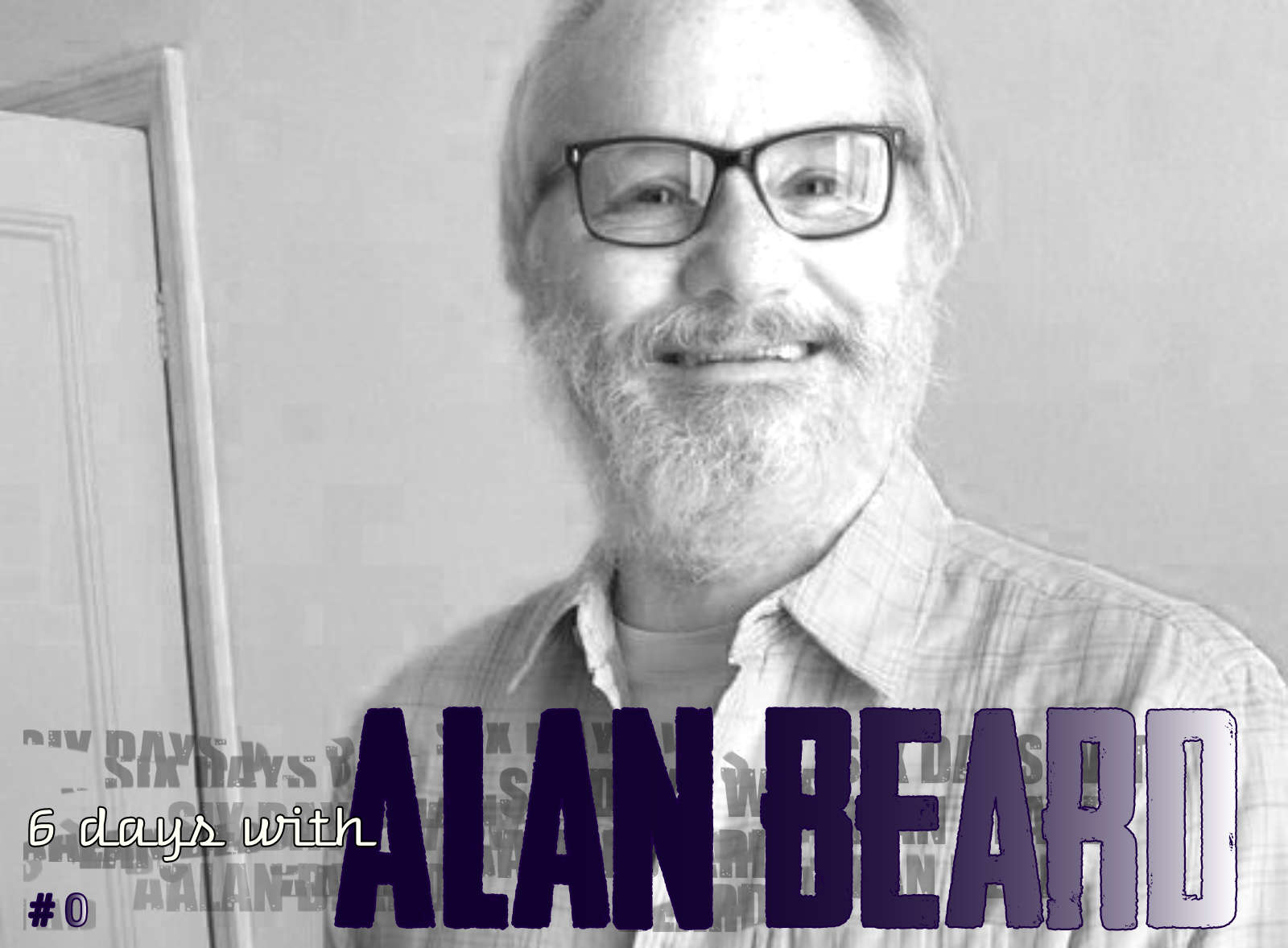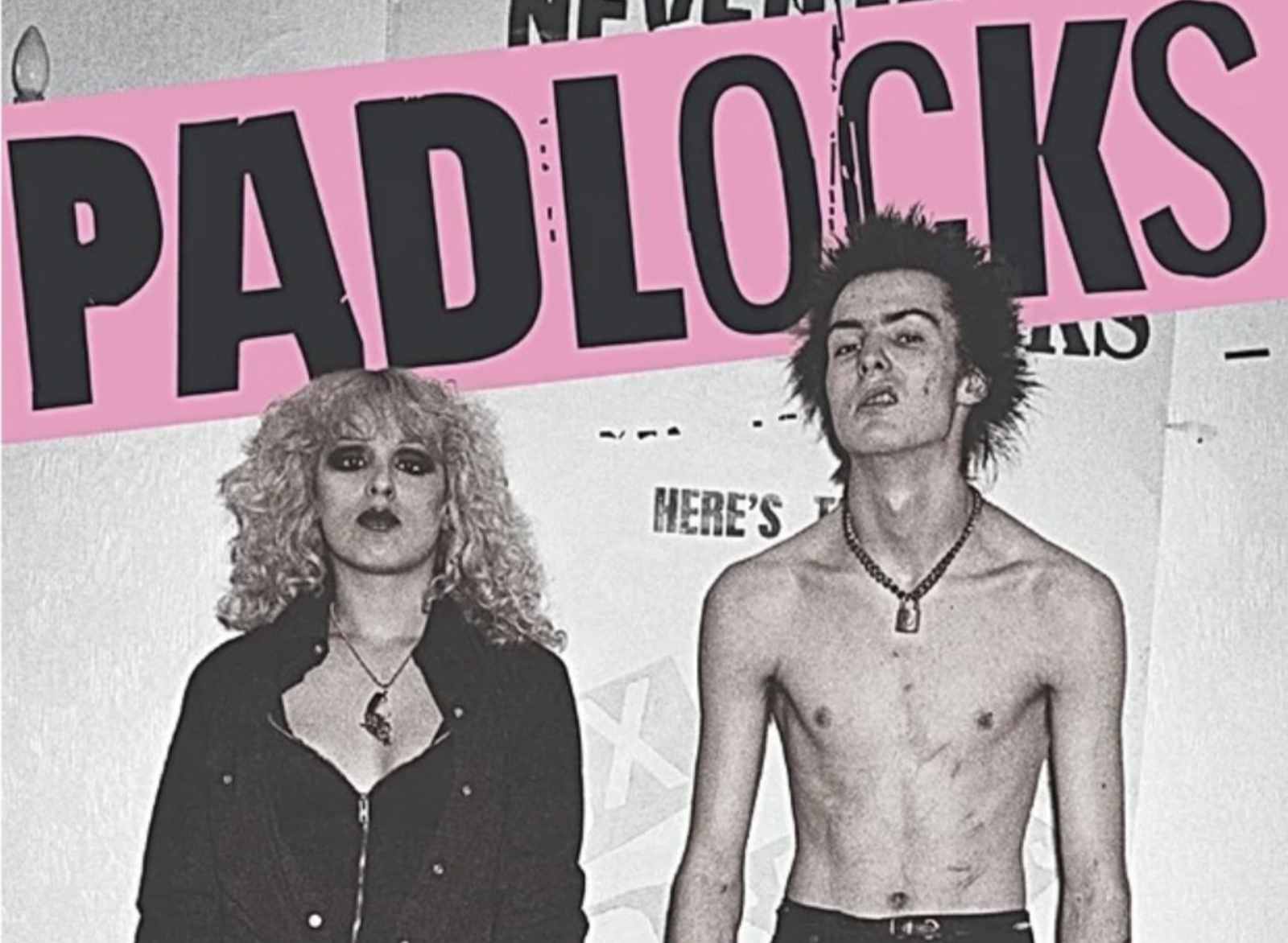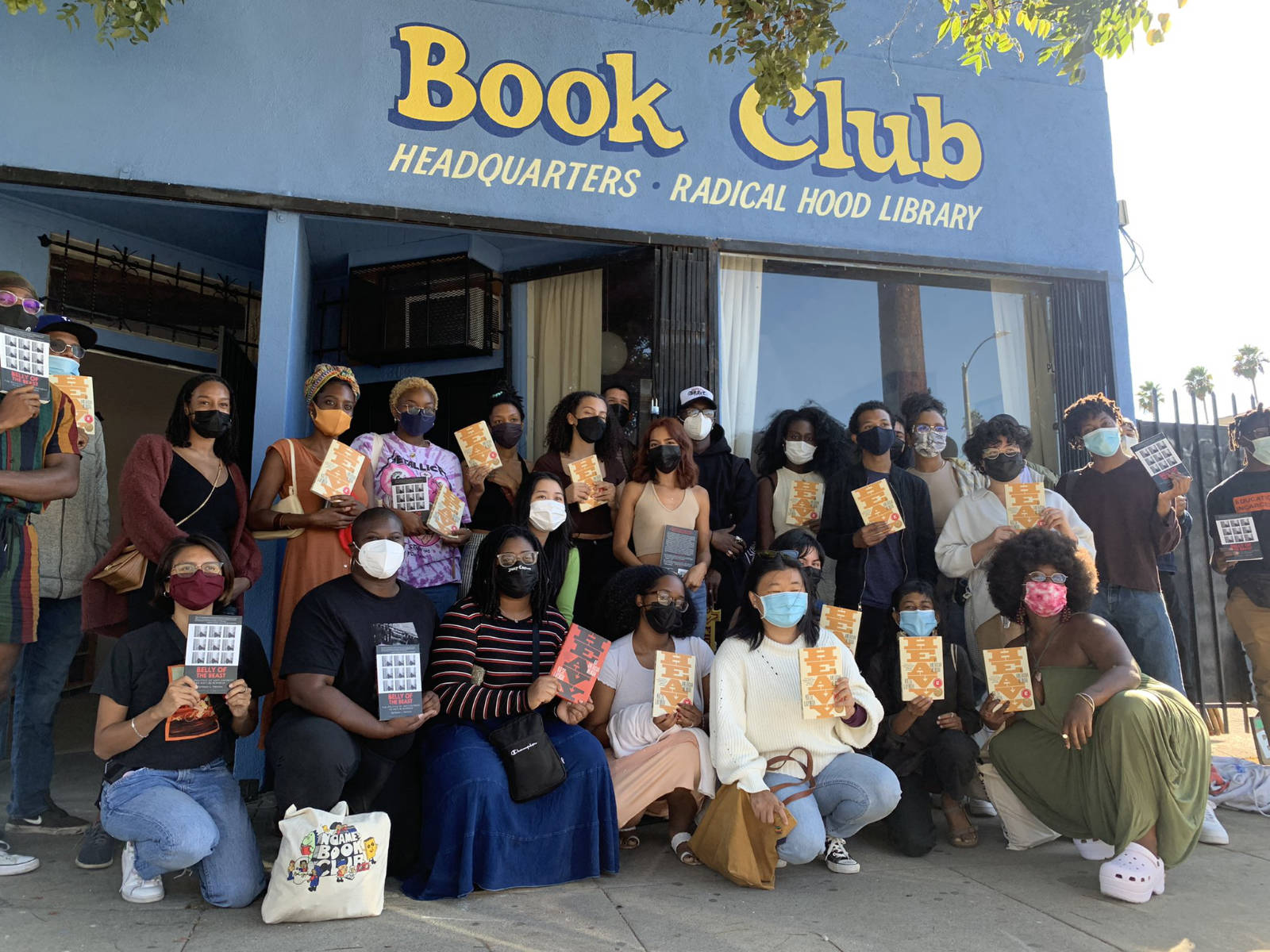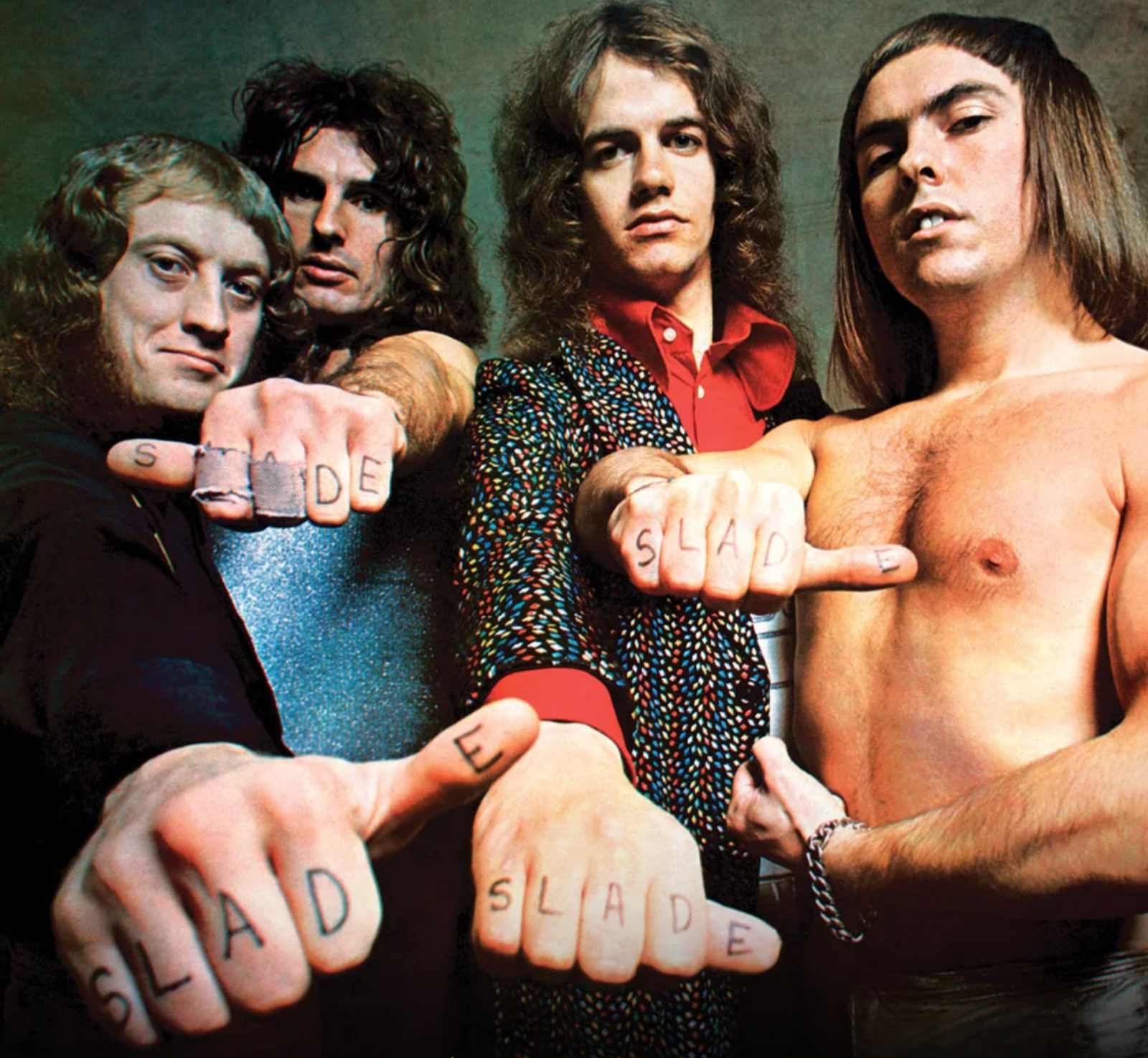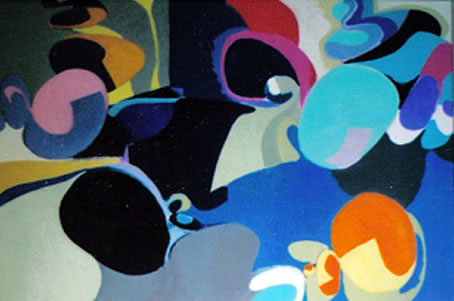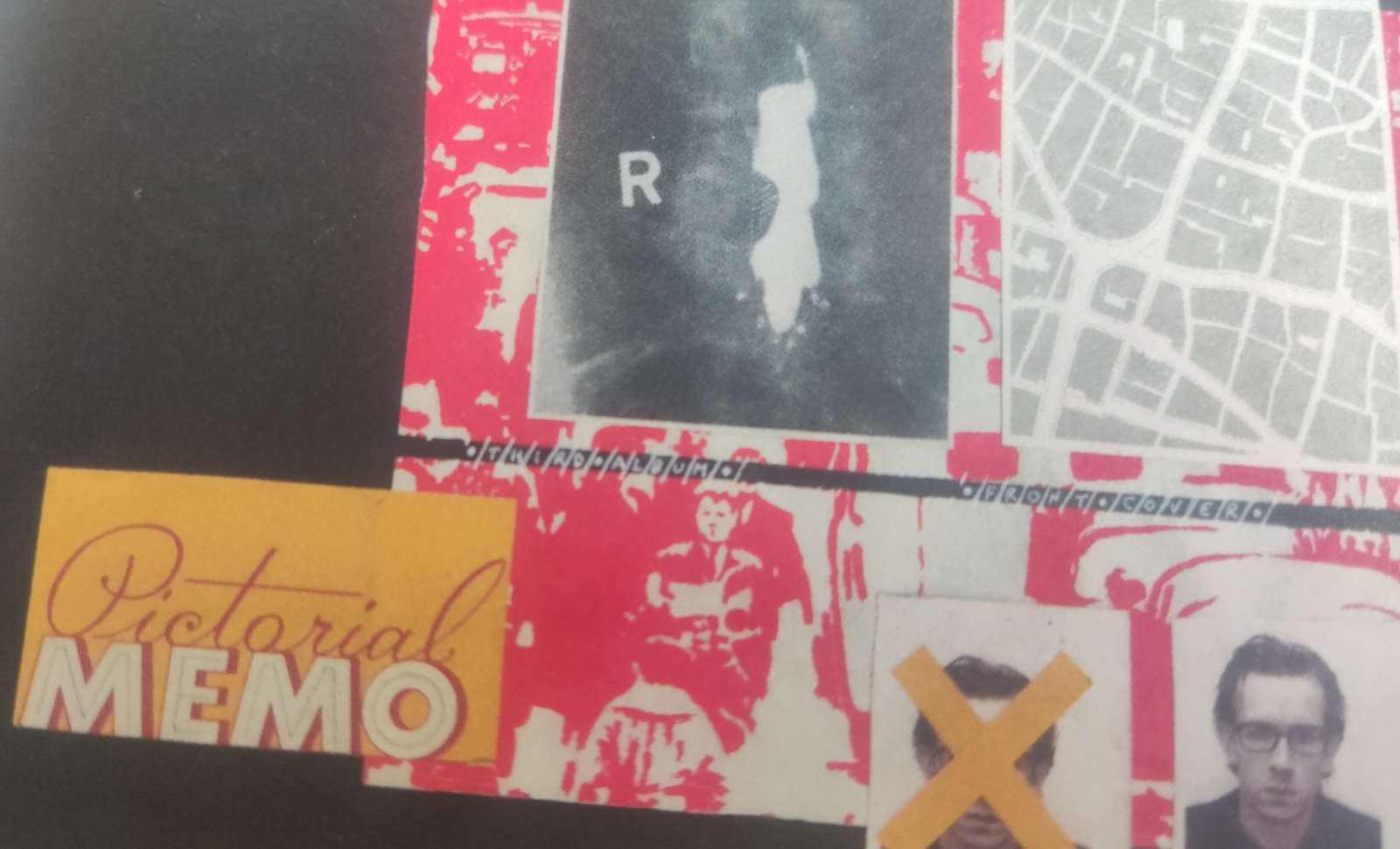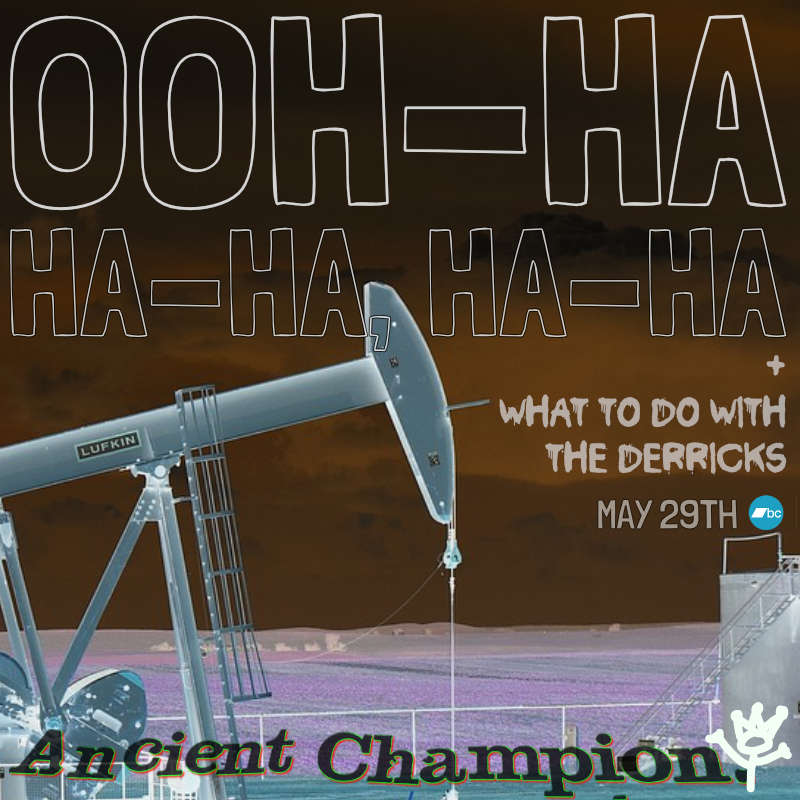Next morning he was standing patiently, ready for action, alongside his expensive catering-quality gas cooker as I stumbled out of my bedroom.
'Good morning!' he growled disdainfully, as if I was a decadent wretch incapable of rising before 8am. The water was boiling for tea; eggs, olive oil, and bread awaited his ministrations.
The eggs had arrived the night before with Master Musician Larachi. The bread had been baked that very morning in the oven of the wife of Mujehid Mejdoubi, one of the last surviving Musicians to have played on the Brian Jones album. The olive oil was the product of Syra's olive grove. The water had been captured during a nocturnal, and quite dangerous, raid on the well of another village about three kilometers uphill. It was hauled down to Joujouka by a most unfortunate looking donkey who'd had to bear enough water, in two large plastic drums, to see five families through three more days of drought conditions.
**
Breakfast at Hamri's, Joujouka style. Warm
up the bread on a griddle, heat some olive oil in a large aluminum
plate, crack four eggs onto the sizzling oil, stir the eggs around
gently until the yolks break, serve while still cooking in their oil,
the eggs to be eaten communally by breakfasters using forks and
bread. Sea salt, Joujouka honey, and piping hot coffee. You mop up
the last of the eggy oil with the last of the bread.
**
After breakfast a frenzy of alarums and excursions ensued as Fatima arrived to scour the kitchen, the Musicians gradually slunk in to say goodbye, and Ansari commandeered the same sad donkey who'd carried the water overnight to haul our bags down off the blue mountain to the road where we - me unshaven and grimy, the Painter of Morocco impeccable in his Harris tweed jacket - awaited a taxi or a bus en route to Ksar el Kebir.
I avoided the burning heat of the midday sun under a lush palm tree, always shocked to be standing calmly in such a beautiful spot in this world, always aware of my privileged situation, always aware that my contemporaries were watching their years go down the drain as they lay stranded in the middle of less interesting lives.
Soon a muddy navy blue Seventies Ford Transit van, converted into a bus of sorts to carry mountain peasants down to the towns of the plains where they could sell their provisions – herbs, vegetables, hashish, olive oil, eggs - trundled in our direction and was hailed by Ansari. All fifteen of our fellow passengers stared at the Ishranee and the dapper diminutive Moroccan who clambered into the back and sat on a wooden bench bolted to the floor. Disdainful glances, envious stares, hostile gazes.
We breathed in the exhaust fumes and the chicken shit stink until we reached Ksar el Kebir, a dangerous, violent, chaotic city which I quite liked, where we transferred to more dignified transportation.
An Asilah-bound Mercedes taxi rushed us through the mid-morning countryside. On this trip Hamri was in the back seat with me, I stared out the window at the verdant countryside, as I normally did on these road trips to and from Joujouka. Morocco had just begun its ongoing process of redevelopment and rebuilding so there were roadworks all along our route, labourers expanding the infrastructure so that more trucks, buses, military vehicles, and Mercedes could whiz around doing their occasionally dubious business.
To our right an earth mover chewed out the side of an afforested hill to reveal the rust-orange iron-rich soil of that part of the country.
'You see that clay?' Hamri said to me. 'The colour of it?'
'Yes.' I murmured. 'I was just looking at it. It's very beautiful.'
'Hah! Very beautiful colour.' he said thoughtfully and calmly. 'That colour is known as hamri.'
'And that's where you get your name from?' I asked
'Yes.' he said, looking at me kindly, looking out the window at a landscape that he virtually owned the copyright on, then turning away to bark something in Arabic that I don't understand to our driver, a handsome young man recently out of the army and recently married.
